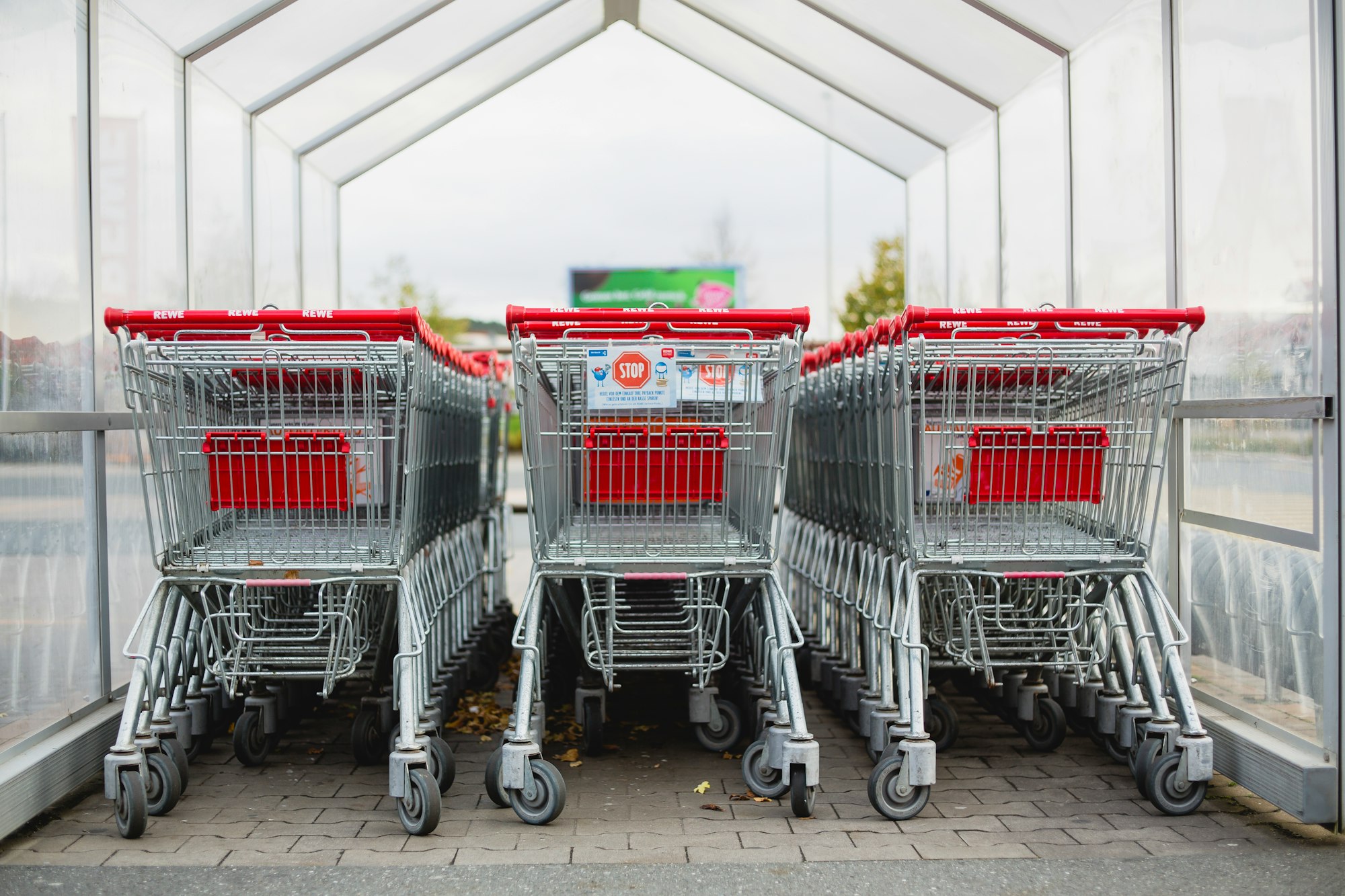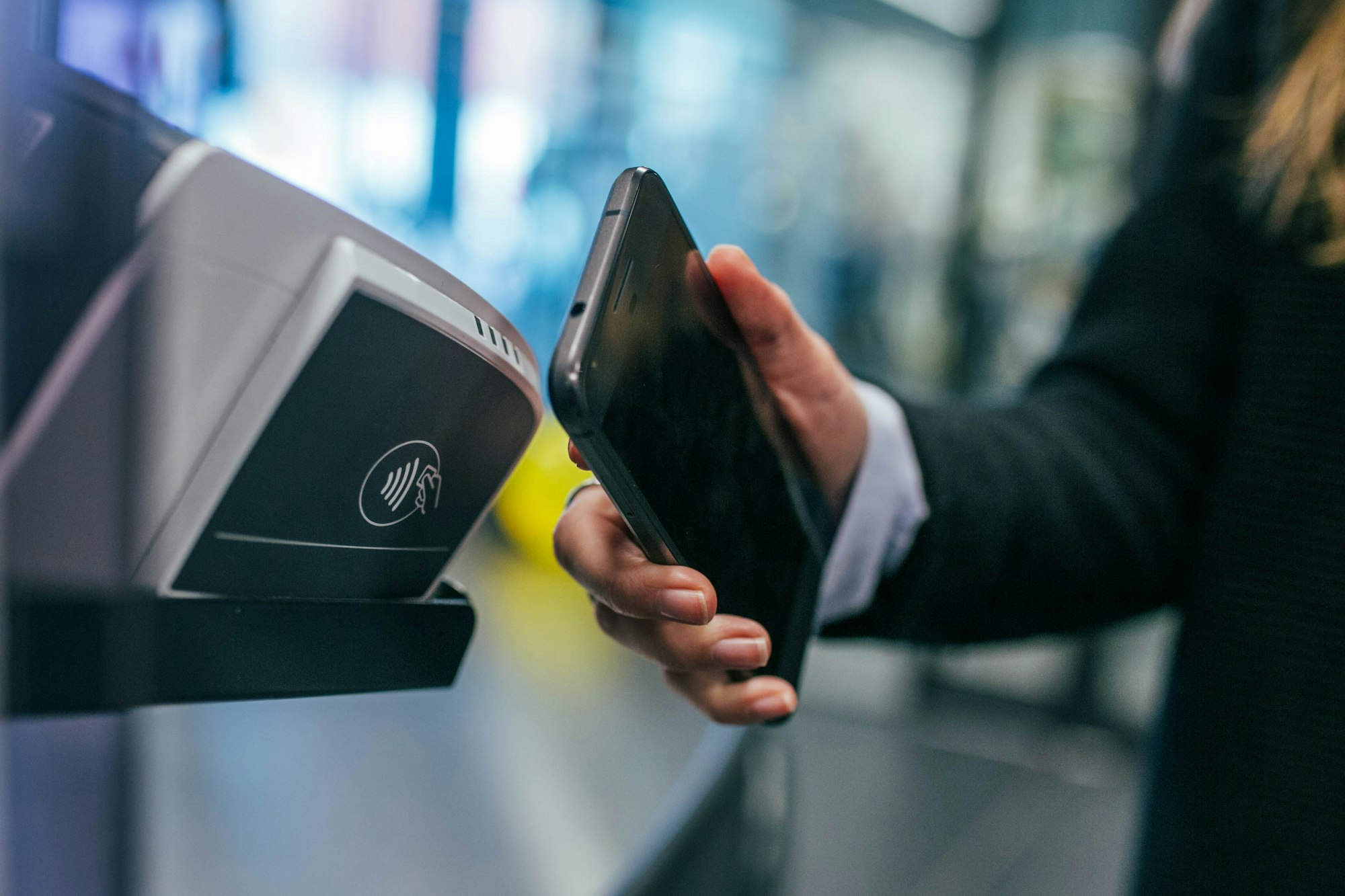Trade marketing is transformed with smart supermarkets.

Smart supermarkets are changing the way retailers interact with their customers and revolutionizing the world of trade marketing.
Can you imagine a supermarket where sensors and cameras collect information about your shopping preferences to offer you a personalized experience? Today, this is a reality. We are talking about intelligent or autonomous supermarkets, which are transforming the shopping experience and trade marketing around the world.
In these establishments, shoppers can self-manage, without the need to go through cashiers or wait in long lines. Cameras and sensors located at the POS track the products that customers take away, and payment is made automatically upon exit. In addition, smart supermarkets have contactless payment methods, allowing us to link mobile payment accounts to a supermarket application or scan a QR code to pay quickly and easily. Even now, facial recognition technology is already being used to make payments without having to take out your phone or wallet.

Providing a seamless and hassle-free shopping experience is one of the reasons why smart supermarkets are gaining popularity among consumers. But do you want to know how this affects trade marketing?... keep reading!
It is well known that there are numerous advantages that this store model provides for the costumer, however they represent a challenge both for retailers and for trade marketing professionals who must adapt their strategies to continue maintaining closeness with the shopper, knowing offer you a differential factor that makes you select a certain POS and also guarantee the security of data and transactions in an increasingly complex technological environment. In this sense, trade marketing must be able to take advantage of the opportunities offered by smart supermarkets to improve the customer experience and increase sales, while finding creative ways to maintain human and emotional connection through technology.
By creating a personalized and unique experience for each customer, retailers can maintain their competitive edge in the marketplace and remain relevant in an increasingly digital environment.
Some of the advantages that smart supermarkets bring to trade marketing are:
- Data collection and analysis: Smart supermarkets collect data on shopper buying behavior, allowing retailers to tailor their trade marketing strategy to consumer needs and preferences. In addition, this data can be used to improve the operational efficiency and profitability of the establishment.
- Increased efficiency: Eliminating cashiers and implementing advanced technology such as radio frequency identification (RFID) and artificial intelligence allow self-contained supermarkets to operate more efficiently and at lower cost.
- Improved customer experience: Smart supermarkets offer a faster, hassle-free shopping experience as customers don't have to wait in lines or interact with cashiers.
On the other hand, some disadvantages are:
- Loss of personal contact: By eliminating the need to interact with cashiers and other employees, self-contained supermarkets can lose closeness to the customer.
- Expensive technology implementation: The implementation of advanced technology in smart supermarkets can result in high investment and maintenance costs, which can limit the ability of retailers to adopt this new technology.
- Security challenges: The advanced technology used in self-contained supermarkets can present security challenges, as retailers need to ensure that customer data is protected at all times and that there is no fraud or theft.
In conclusion, smart supermarkets are transforming the shopping experience and trade marketing around the world. With more efficient data collection, cost optimization and the elimination of cashiers, these stores are leading the retail industry towards a more efficient and personalized future. However, it is important that retailers find new ways to interact with the shopper to maintain a personal connection and ensure a truly satisfying shopping experience.
Remember that we are constantly researching the latest trends and technologies that affect the world of retail, to offer our customers innovative and effective solutions that improve their results. If you liked this article, do not hesitate to follow us on our social networks to keep up to date with all our news! Also, don't forget to visit our blog to learn more about trade marketing and the retail industry.
Until next time!
Follow us on Instagram @quartzsales
LinkedIn QuartzSales

